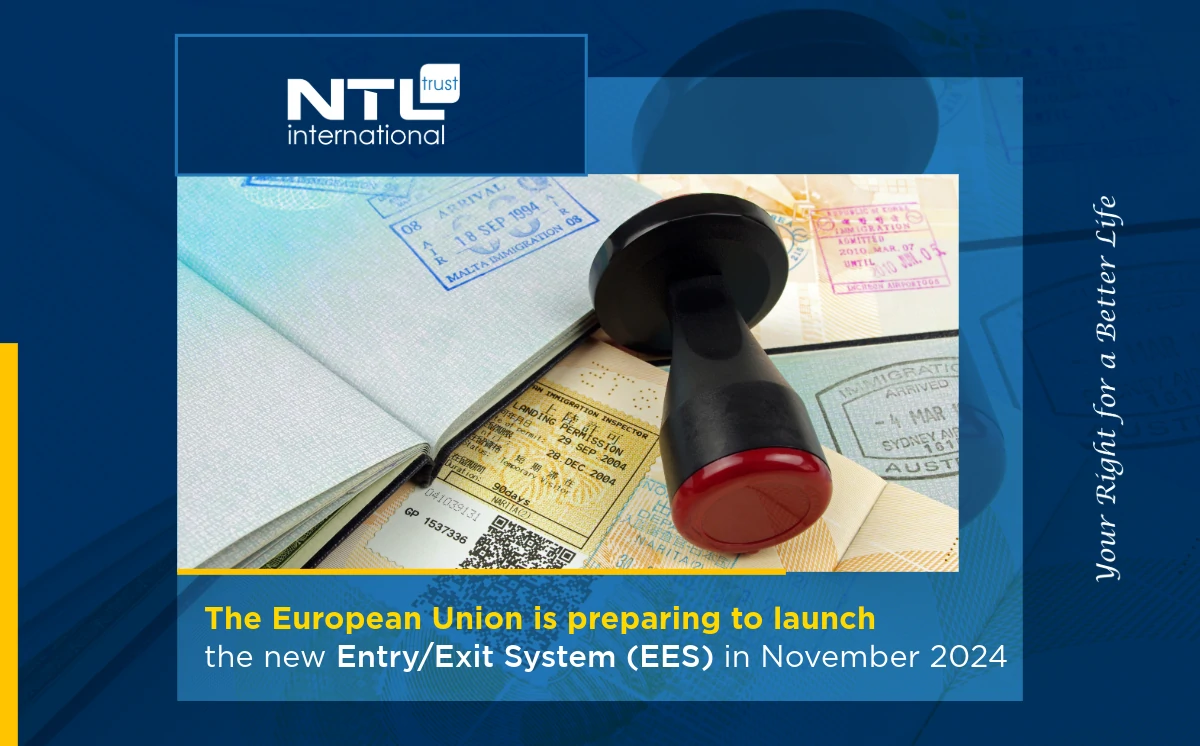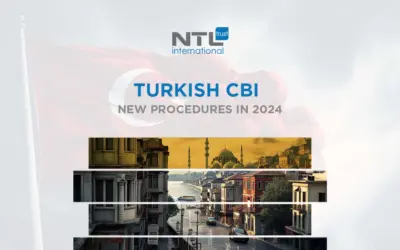
The EU plans to implement the Entry/Exit System (EES) for non-EU citizens starting November 10, 2024. This digital system will replace traditional passport stamps, with travelers’ data recorded electronically upon entering or leaving the Schengen Area. The EES aims to ensure visitors stay within the allowed 90-day stay within 180 days.
The EES will start in November:
Travelers will need to provide fingerprint and facial biometric data during their first entry. Subsequent crossings will be easier, requiring only a passport scan at a self-service kiosk to verify identity. Travelers will also need to register online for free before traveling to the EU.
However, concerns have been raised about potential travel delays due to the new system (EES). The European Commission has proposed a gradual and flexible implementation to reduce waiting times.
This change coincides with the expected launch of the European Travel Information and Authorization System (ETIAS) in 2025, which will require visitors from 60 visa-exempt countries to obtain an entry permit for a fee of €7, valid for three years.
With these changes ( EES), passport stamps may become a thing of the past, raising questions about the loss of personal touch in travel as we move further into the digital age.
The most important landmarks of the Emirates
The most important landmarks of the Emirates divers between the Arab Heritage and the modern architecture
Dominica suspends CBI applications for Yemenis starting January 19, 2024
The CBI Unit in Dominica announces on January 15, 2024, the decision of The Government of Dominica to suspend all CBI applications for Yemenis
Turkish Citizenship by Investment: New Procedures in 2024
Turkish Citizenship by Investment: New Process in 2024
Life in Saint Lucia
Life in Saint Lucia is a great chance to discover it.
What are the most common FAQs about Citizenship by Investment in Antigua and Barbuda?
FAQs about Citizenship by Investment in Antigua and Barbuda Program.





